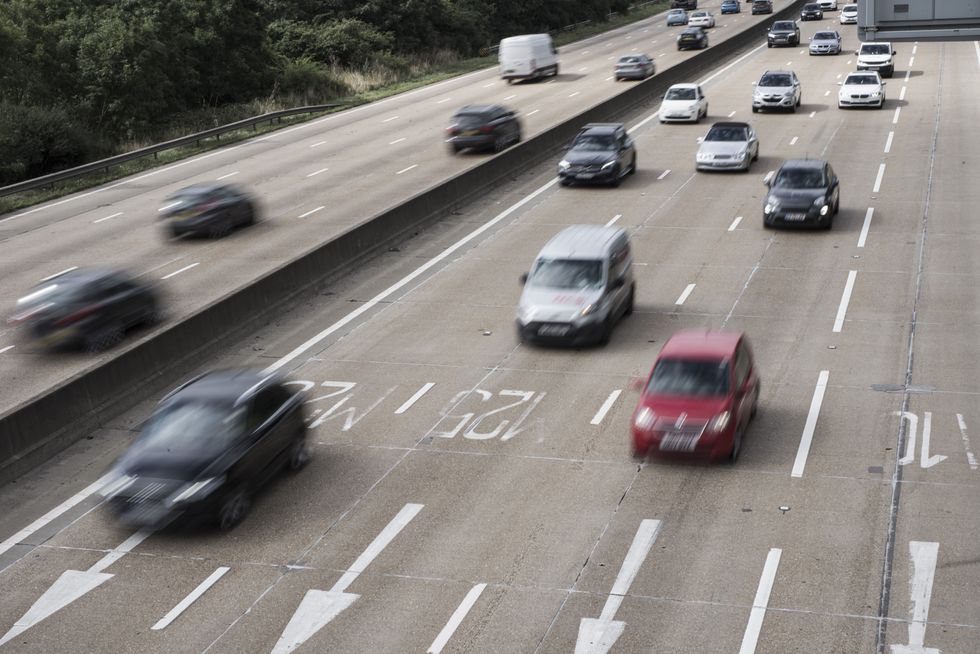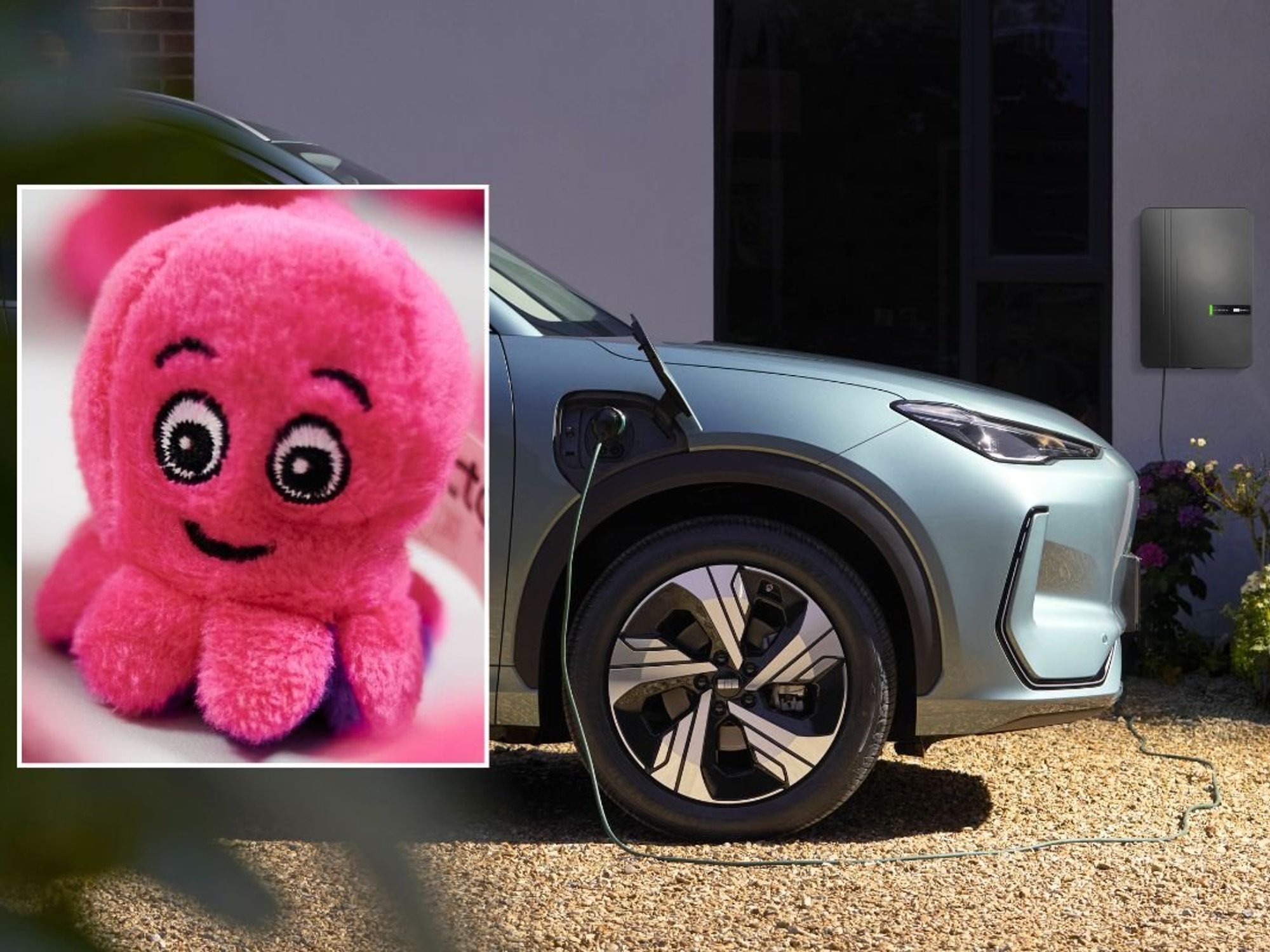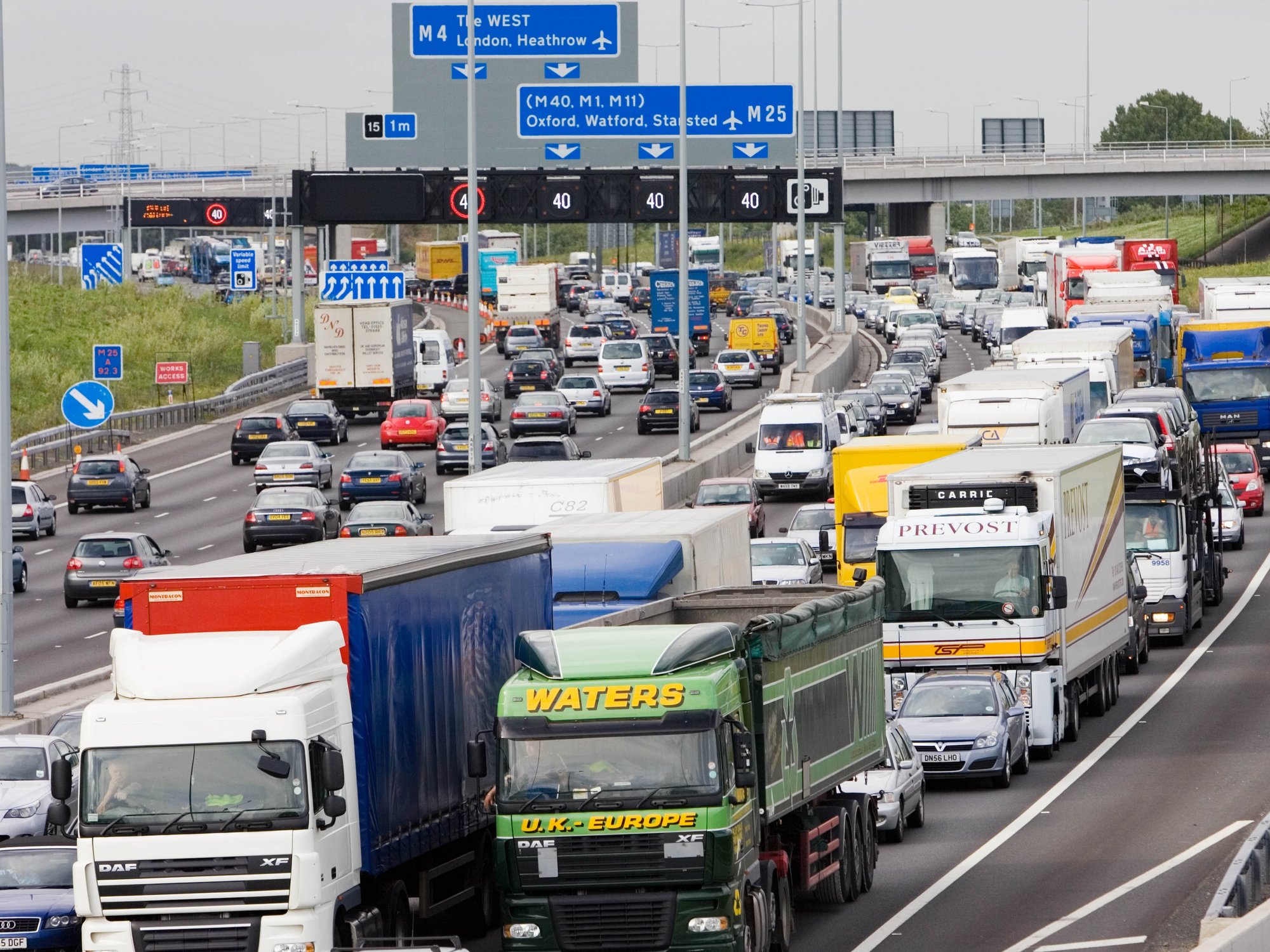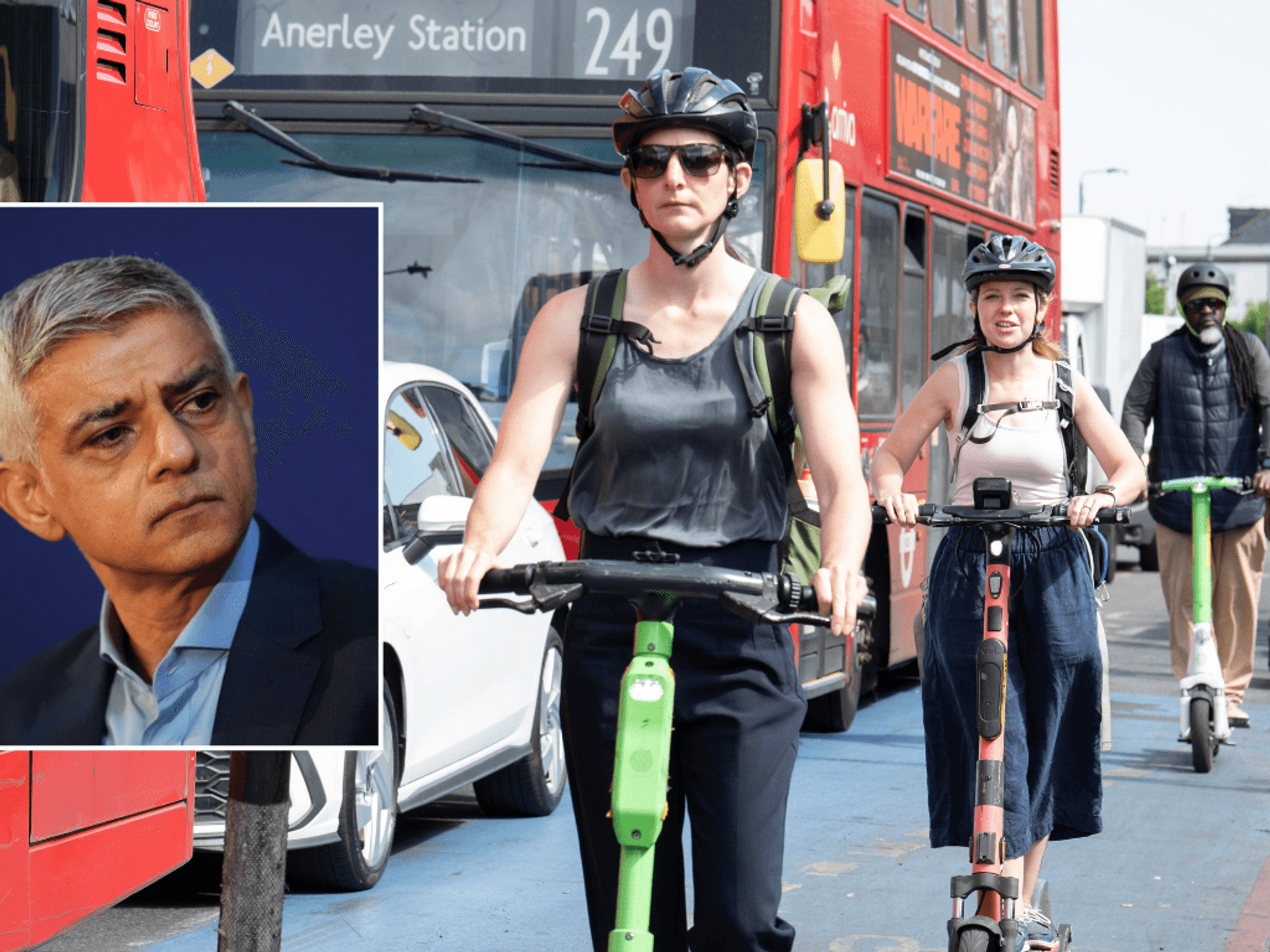Thousands of drivers switching to electric cars thanks to 'easy and more affordable' tax break

'The transition to electric cars is one which requires a concerted effort across a number of industries and Government'
Don't Miss
Most Read
Latest
Experts are calling on drivers to make use of a workplace tax scheme that will see them pay very low rates for market-leading electric vehicles.
Salary sacrifice schemes have been backed as one of the most important measures available to help motorists make the transition from petrol and diesel to electric vehicles.
Oftentimes, these schemes will help Britons see far lower prices, with some of the most popular electric vehicles on the market available for around £200 per month.
Experts from Tusker Direct highlight how the monthly cost will include a new electric vehicle, maintenance included and they can upgrade easily to new models.
Do you have a story you'd like to share? Get in touch by emailing motoring@gbnews.uk

There are already more than one million electric vehicles on the road
| GETTYKit Wisdom, MD of Tusker, told GB News: "The transition to electric cars is one which requires a concerted effort across a number of industries and Government.
"Salary sacrifice is one of the many ways the transition can be supported and is enabling more people to get into an electric car in an easy and more affordable way."
Data from the British Vehicle Rental and Leasing Association (BVRLA) found that the average electric vehicle provided through salary sacrifice schemes is cheaper than the average new EV.
Around 52 per cent of salary sacrifice drivers are basic-rate taxpayers, with more than half being female, while a further 50 per cent are working in the health and social work sector.
Fiona Howarth, CEO of Octopus Electric Vehicles, added that salary sacrifice schemes help to make EVs more affordable for everyday drivers, especially as list prices of new EVs continue to creep down to meet price parity with petrol and diesel cars.
She added: "From big corporations to small family-run businesses, public bodies and local governments - thousands of drivers are switching, enjoying smooth driving, while also doing their bit for the planet.
"The Government has sent a clear signal to the car industry to make electric cars, and changes to the few incentives that currently make them cheaper is only going to slam on the brakes."
Salary sacrifice schemes offer a range of electric vehicles for drivers to choose from. Family cars and urban vehicles like the Nissan Leaf, Volkswagen ID.3 and Mini Hatch are available through these schemes.
Motorists can even go for luxury and premium models like the Jaguar I-Pace, BMW i4, Polestar 2, Audi e-tron GT and Tesla Model Y.
Salary sacrifice drivers and motoring organisations have called on the Government to provide more clarity about the future of the tax to ensure a greater number of people can make use of the service.
At present, electric vehicles pay a Benefit-in-Kind tax rate of just two per cent, compared to some of the most polluting petrol and diesel vehicles paying as much as 37 per cent.
From the 2025/26 tax year, BiK rates will be rising for the majority of salary sacrifice drivers by one per cent. This trend will continue until 2027/28.
LATEST DEVELOPMENTS:
- Drivers warned to embrace taxi cost hikes with Heathrow Airport charges to spike next year
- Drivers being ripped off as local councils rake in £1billion from parking fees despite pleading poverty
- 'Game-changer' electric Kia EV3 named Car of the Year for great price and impressive range - full list of winners

Motorists can get a range of electric vehicles through salary sacrifice schemes
| JAGUARIn less than four years, the Bik rate for electric vehicles will be five per cent, although the rate for the most polluting vehicles will remain unchanged.
While drivers and businesses are pleased that BiK rates will remain low for those with zero emission vehicles, there has been some uncertainty about how the Government could hike these costs after 2027/28.










